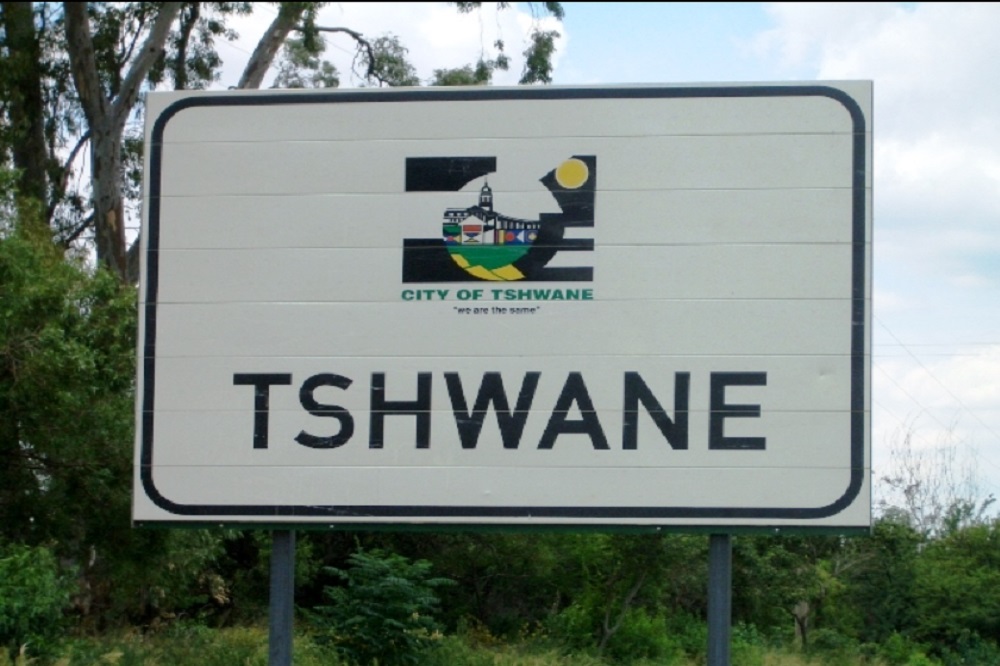News
“Illegal or Not, You’ll Pay”: Tshwane Sticks to Cleaning Levy Despite Court Defeat

Tshwane’s Tariff Trouble: A Cleaning Levy No One Can Agree On
The City of Tshwane is digging in its heels, even after the High Court in Pretoria ruled its much-debated cleaning levy unlawful.
Residents thought the judgment would mean relief from the extra tariff on their monthly bills. Instead, the city has doubled down, insisting: “You still have to pay, for now.”
The result? A standoff between City Hall, opposition parties, and ratepayers who no longer know whether they’re paying for municipal cleanliness or municipal chaos.
City Says the Levy Stays, Court or No Court
Deputy mayor and MMC for Finance Eugene Modise defended the charges, arguing that because Tshwane has filed for leave to appeal at the Supreme Court of Appeal, the tariff remains enforceable.
And yes, the city knows some residents are being charged twice.
“Of 804 000 accounts, only 12 000, about 1.5% were incorrectly billed,” Modise claimed, promising corrections.
Those wrongly billed? Mostly gated estates and complexes already paying private waste companies meaning they’ve been double-charged for cleaning services they never asked for.
Opposition Warns: “This Could Bankrupt the City”
Critics say this is not just a legal problem, it’s a budget time bomb.
-
DA mayoral candidate Cilliers Brink revealed that the city spent R783,000 fighting to defend the levy.
-
He says the city quietly admitted that none of the levy income was even budgeted for cleaning services, effectively confirming the court’s reasoning.
Meanwhile, Republican Conference councillor Lex Middelberg accused the administration of ignoring reality.
“They are acting as if no court ruling exists, it’s reckless and desperate,” he said.
“If they continue charging and lose the appeal, they’ll have to refund more than 10% of the city’s entire budget in one year. No municipality can survive that.”
A R1 Problem with R1 Billion Consequences
Ironically, the levy accounts for less than 1% of Tshwane’s revenue, meaning the city could have scrapped it with minimal pain. Instead, it has chosen confrontation.
Opposition leaders argue that Tshwane is deliberately trying to create a “fait accompli” collecting money now in hopes that courts will later allow it to keep the funds simply because returning them would be too costly.
What’s Really at Stake?
This fight is no longer just about a tariff. It’s about:
Public trust in municipal billing
Whether cities can ignore court rulings if they plan to appeal
How much transparency residents can expect from local government
For now, bills will keep arriving, levy and all. Whether residents must pay them is legally murky, morally questionable, and financially risky for everyone involved.
{Source: The Citizen}
Follow Joburg ETC on Facebook, Twitter , TikTok and Instagram
For more News in Johannesburg, visit joburgetc.com



























